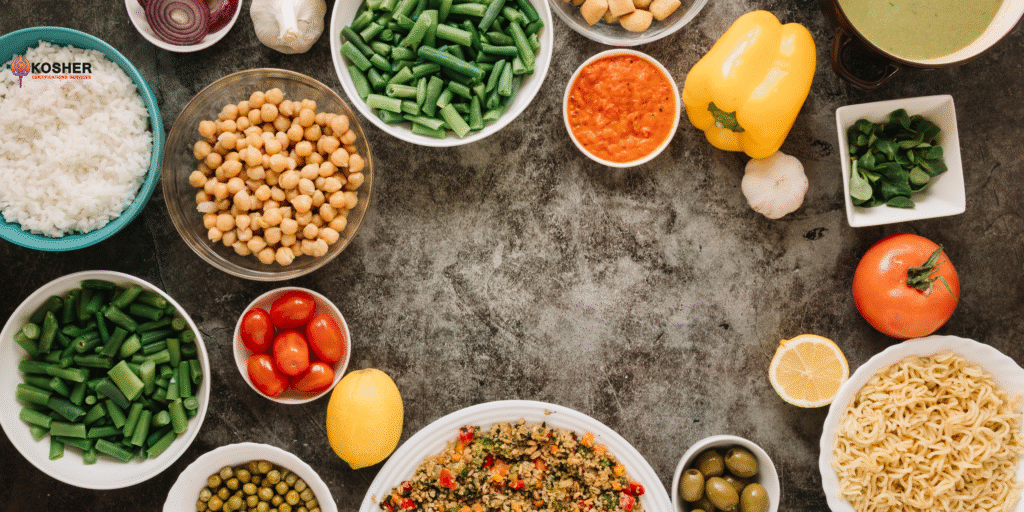Understanding Kosher Certified Products in 2025

Kosher Certified Products
Kosher Certified Products are foods and beverages that meet the dietary standards set out in Jewish law. The term “kosher” comes from the Hebrew word “kashrut,” meaning proper or fit. These rules cover which animals can be eaten, how they must be slaughtered, how food is prepared, and even how it’s stored or cooked. Meat and dairy, for example, cannot be processed or consumed together, and equipment used for one cannot be used for the other unless properly cleaned under Kosher Certified Products supervision. This detailed level of oversight means that kosher food isn’t just about religious tradition; it also often signifies a higher standard of cleanliness and quality.
The Role of Kosher Certified Products
A Kosher Certified Products is an independent body that inspects and verifies that a manufacturer’s products meet kosher requirements. These agencies employ trained rabbis and inspectors who examine everything from the source of each ingredient to the way equipment is cleaned and maintained. Once the agency is satisfied that all processes comply with Jewish dietary law, they allow the manufacturer to display a kosher symbol on their packaging. This mark is often a letter like “U” or “K” inside a circle or star, easily recognized by shoppers. Having this symbol builds trust, as it assures buyers that the food has been carefully checked by experts who understand kosher standards.
These Kosher Certified Products do more than grant approval once. They continue to supervise production, often through unannounced inspections, to ensure that the company maintains kosher practices over time. This ongoing relationship is what gives kosher certification its strength. It means that every time a consumer picks up a product with a kosher symbol, they can trust it has passed not just a one-time test, but is under regular scrutiny.
Why Businesses Pursue Kosher Certification
For many food companies, obtaining kosher certification is a smart business move. It opens the door to serving Jewish communities who only buy certified products. But beyond that, kosher labels appeal to a far broader audience. Many Muslims look for kosher when halal isn’t available, since the standards are somewhat similar. Vegetarians and health-focused shoppers also rely on kosher symbols as a sign that food has been processed under careful watch. In fact, research shows that most people buying kosher aren’t Jewish; they see the certification as a stamp of quality.
Additionally, Kosher Certified Products can make it easier to export products. Well-known kosher agencies have international reputations, and their symbols are trusted in many countries, helping companies reach global markets without needing separate local inspections.
How to Choose a Kosher Certification Agency
Not all Kosher Certified Products carry the same weight. Large, globally recognized agencies like the Orthodox Union (OU), OK Kosher, Star-K, and Kof-K have symbols that are accepted almost everywhere, which can simplify selling to diverse markets. When selecting a certification agency, businesses often consider how well-known its symbol is among their target customers, its reputation for thorough inspections, and the support it provides throughout the certification process. A strong Kosher Certified Products will guide manufacturers in understanding complex kosher requirements and how to apply them practically on the factory floor.
By partnering with a respected Kosher Certified Products, businesses don’t just achieve compliance with Jewish dietary law. They also demonstrate to all customers that they value rigorous standards, ethical practices, and transparency.



